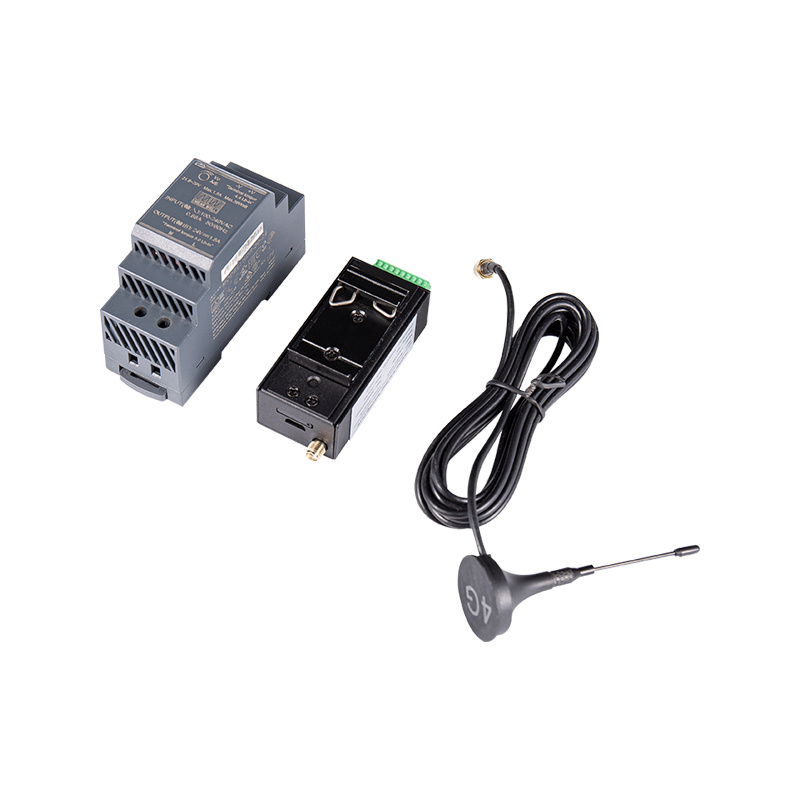How Multi-function Energy Meters Are Revolutionizing Energy Management
Introduction to Multi-function Energy Meters
Energy meters have evolved significantly over the years. Traditional energy meters primarily measured total energy consumption, providing limited insights into energy usage patterns. However, with the advancement of technology, multi-function energy meters have emerged, offering a comprehensive approach to energy management. These devices not only measure energy consumption but also monitor various electrical parameters in real-time, enabling users to make informed decisions about their energy usage.
Definition and Evolution of Energy Meters
Traditional energy meters were designed to measure the total amount of energy consumed by a household or business. They provided a single reading, typically in kilowatt-hours, and lacked the capability to offer detailed insights into energy usage. The introduction of multi-function energy meters marked a significant shift in energy monitoring. These advanced devices can measure a wide range of parameters, including voltage, current, power factor, frequency, and harmonics, providing a more detailed picture of energy consumption.
Importance of Multi-functionality in Modern Energy Management
In today's energy landscape, understanding detailed energy usage patterns is crucial for optimizing energy efficiency and reducing costs. Multi-function energy meters offer the functionality needed to monitor and analyze various electrical parameters, enabling users to identify inefficiencies, detect faults, and implement corrective measures promptly. This level of insight is essential for effective energy management in both residential and commercial settings.
Key Features of Multi-function Energy Meters
Multi-function energy meters come equipped with several features that enhance their utility in energy management:
- Comprehensive Parameter Measurement: These meters can measure a wide array of electrical parameters, providing a holistic view of energy consumption.
- Real-time Data Monitoring and Analysis: Users can access real-time data, allowing for immediate identification of issues and prompt decision-making.
- Integration with Smart Grids and IoT: Many multi-function energy meters can integrate with smart grids and Internet of Things (IoT) systems, enabling automated energy management and remote monitoring.
Applications Across Various Sectors
Multi-function energy meters find applications across various sectors:
- Residential Energy Monitoring: Homeowners can use these meters to monitor their energy usage, identify high-consumption appliances, and implement energy-saving measures.
- Commercial and Industrial Energy Management: Businesses can utilize these meters to optimize energy usage, reduce costs, and ensure compliance with energy regulations.
- Utility Companies and Smart Grid Implementation: Utility companies can deploy these meters to monitor grid performance, detect faults, and manage energy distribution efficiently.
Advantages Over Traditional Energy Meters
Multi-function energy meters offer several advantages over traditional energy meters:
- Enhanced Accuracy and Reliability: These meters provide precise measurements of various electrical parameters, ensuring reliable data for analysis.
- Cost Savings and Energy Efficiency: By identifying inefficiencies and enabling better energy management, these meters help reduce energy costs.
- Scalability and Adaptability: Multi-function energy meters can be scaled to meet the needs of different applications and can adapt to evolving energy management requirements.
Challenges and Considerations
Despite their benefits, there are challenges associated with multi-function energy meters:
- Initial Installation Costs: The upfront cost of purchasing and installing these meters can be higher than traditional meters.
- Data Privacy and Cybersecurity Concerns: The integration of these meters with IoT systems raises concerns about data security and privacy.
- Training and Maintenance Requirements: Proper training is necessary to operate these advanced meters effectively, and regular maintenance is required to ensure their optimal performance.
Future Trends in Energy Metering
The future of energy metering is shaped by several emerging trends:
- Integration with Renewable Energy Sources: Multi-function energy meters are increasingly being used to monitor energy production from renewable sources, facilitating the integration of green energy into the grid.
- Advancements in Wireless Communication Technologies: The development of wireless communication technologies enhances the capabilities of these meters, enabling remote monitoring and control.
- AI and Machine Learning in Energy Data Analysis: The application of artificial intelligence and machine learning algorithms allows for advanced analysis of energy data, leading to predictive maintenance and optimization of energy usage.
FAQ
What is a multi-function energy meter?
A multi-function energy meter is an advanced device that measures various electrical parameters, including voltage, current, power factor, frequency, and harmonics, providing a comprehensive view of energy consumption.
How does a multi-function energy meter differ from a traditional energy meter?
Traditional energy meters typically measure only total energy consumption, while multi-function energy meters offer detailed insights into various electrical parameters, enabling more effective energy management.
What are the benefits of using a multi-function energy meter?
Benefits include enhanced accuracy, real-time data monitoring, cost savings, improved energy efficiency, and the ability to integrate with smart grids and IoT systems.
Are there any challenges associated with multi-function energy meters?
Challenges include higher initial installation costs, data privacy and cybersecurity concerns, and the need for proper training and maintenance.
What are the future trends in energy metering?
Future trends include integration with renewable energy sources, advancements in wireless communication technologies, and the application of AI and machine learning in energy data analysis.






